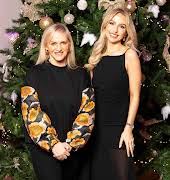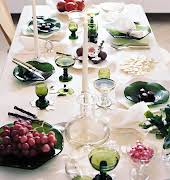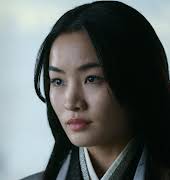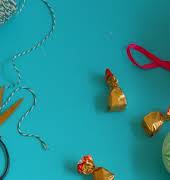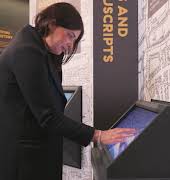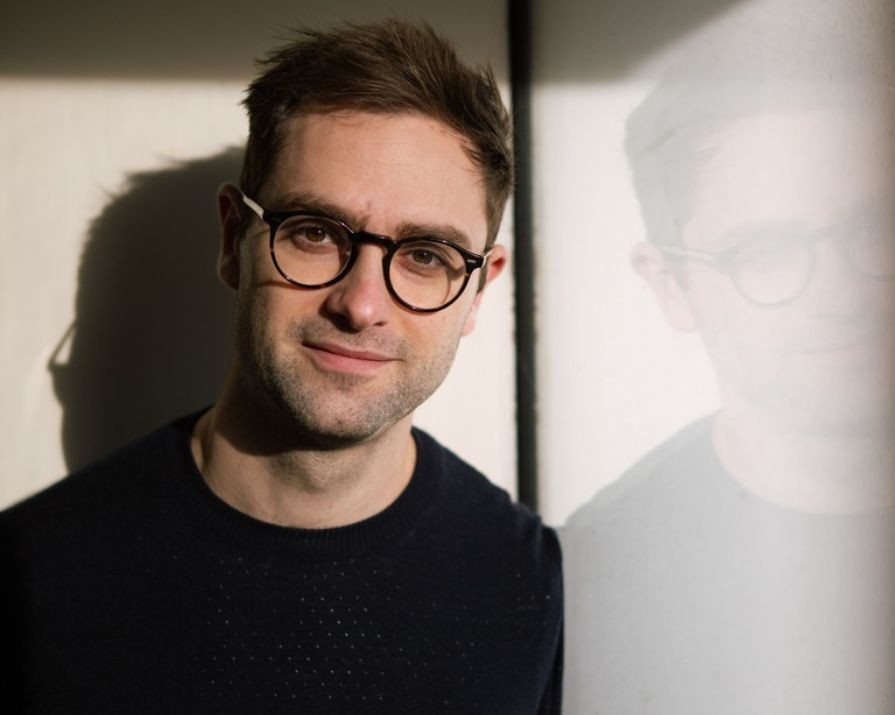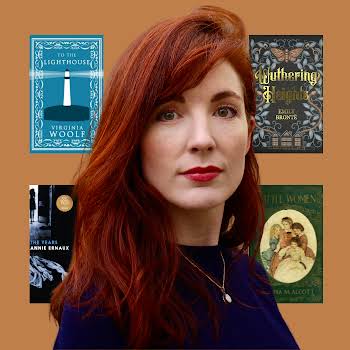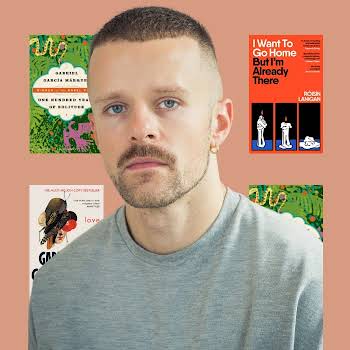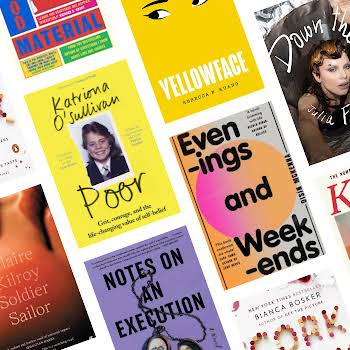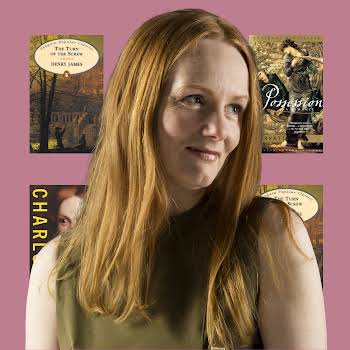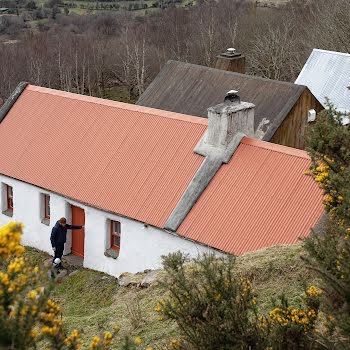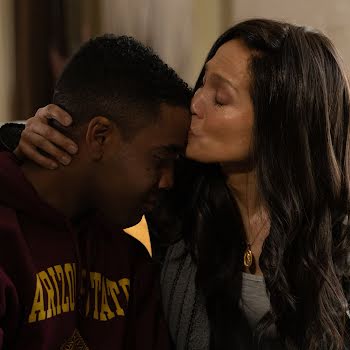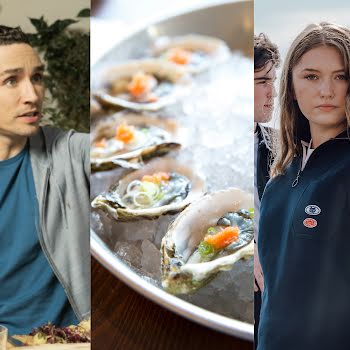Debut novelist Joseph Zigmond on capturing the myopia of young love and the importance of plot
By Sarah Gill
14th Jun 2023
14th Jun 2023
Author of the newly released Constance, Joseph Zigmond gives us a glimpse into his writing process, the books that shaped him, and the must-read titles to add to your book list.
Joseph Zigmond is a non-fiction publisher living in Brighton with his wife and daughter. His debut novel Constance is a brilliant work of literary, speculative fiction that explored themes of masculinity, violence against women and male complicity.
Laura Bates said of Constance: “This is a heartbreaking but ultimately hopeful book, a searing portrait of love, betrayal, redemption and complicity.”
In the summer of 2006, a chance encounter on the London Underground finds eighteen-year-old Ali tagging along with a school friend and a mysterious girl to a club. The girl is Cece, and she seems to be everything Ali is not. For one night he is transfixed and transformed into someone who might belong. All he knows is he will remember it forever.
Advertisement
In 2064, Ali takes his final flight out of the UK to Morocco, in a world upturned by climate collapse. He has a wife and a daughter, reasons to return. Yet Ali is willing to abandon everything to find Cece again, finally to recapture that long summer night when he was young, and to understand how the actions taken – and not taken – have changed all their lives.
Luminous and full of longing, Constance is a novel of teenage fragility, male blindness and everyday complicity.
Here, we catch up with Joseph Zigmond to find out more about his influences, writing habits, and reading recommendations…

Did you always want to be a writer/author?
I wanted to be a film director as a kid, but I had no clue how to do that. So, at some point, the little film scripts I started and never finished became stories. It seemed cheaper.
Advertisement
What inspired you to start writing?
The long tradition of voracious readers who think, ‘I could do that’ – sparked in this particular case by an aunt giving me a copy of Bernhard Schlink’s The Reader (I was way too young), and thinking, “Wow you’re allowed to write that? That counts??” I realised that books didn’t have to have certain arcs or pleasing trajectories to be worthy.
Where did the idea for this book come from?
I wanted to capture the myopia of young love, of first love and how self-absorbed it makes us as people in all the intensity of feeling, of peer opinion, sometimes obsession. And in the middle of all that how we affect others profoundly. Love stories are horribly unreliable, and I wanted one from the other side: one that recognises those limitations and gives three dimensions to the person we loved. Considers them as a human with a future, rather than a fixed memory from our past. That’s what my book’s about: What kids make of love for the first time, and ultimately what it makes of them.
Tell us about your writing process.
Slow. Deliberate. Hesitant. Did I mention slow? For this book, I sat down each evening and focussed on producing a page-or-so of prose I was happy with. This meant lots of focus on, and adjustment of, the style and syntax. I was much less concerned about the structure – which is not smart!
Advertisement
What comes first, the plot or the characters?
The characters very much lead the plot, I had almost no plot in mind when I started, but I did want to put certain types of people in certain scenarios and let that play out. I knew how the book would end, but almost all other elements of the plot – the getting there – wasn’t planned. So, I was building the plane while flying it. Again, not smart.
What did you learn when writing this book?
Plot is more important than having interesting characters or nice phrasing. There is no substitute for action, and retrofitting action is more time-consuming than, well, plotting it in the first place.
Do you have any quirky habits when writing?
I write late. I reward myself with snacks, a drink, and – finally – a read through of a polished passage preceding the one I’ve just written. So, no matter how slow progress has been, I can go to bed reassured that there’s good stuff there.
Advertisement

The first book you remember reading is…
Redwall by Martin Jaques. There must have been others, but I stormed through the series after that.
Your favourite Irish author is…
Colum McCann
The book you gift everyone is…
Advertisement
A Visit from the Goon Squad, by Jennifer Egan
Three books everyone should read:
Light Years by James Salter
A Place of Greater Safety by Hilary Mantel
Americanah by Chimamanda Ngozi Adichie
You overcome writer’s block by…
Advertisement
Turning off Wi-Fi.
Do you listen to music when you write?
Always, but nothing with lyrics.
The best money you ever spent as a writer was on…
A good chair. Get comfy.
The three books you’d bring with you to a desert island are…
Advertisement
The End of the Affair by Graham Greene
Mrs Dalloway by Virginia Woolf
Never Let Me Go by Kazuo Ishiguro
A quote you love is…
James Baldwin said: “Not everything that is faced can be changed. But nothing can be changed until it is faced.”
The book you always return to is…
Advertisement
Brideshead Revisited by Evelyn Waugh – it’s about the act of returning after all.
Seeing your book in shops is/will be…
Utterly tempting – to buy them myself so people think they’re hot property. Appreciate this tactic doesn’t really scale well and is probably loss making but may get the ball rolling…
One book you wish you had written is…
Station 11 by Emily St. John Mandel – because the sheer world-building is awesome, and because like the best post-apocalyptic literature (Riddley Walker), it shows how stories are the fastest evolvers and ultimate survivors.
How do you use social media as an author?
Advertisement
I follow, but don’t post. Sadly, I don’t have the wit to do anything more. It’s a source of entertainment, information and political bemusement as I brush my teeth.
Should books be judged by their covers? How did you pick yours?
My mother says my cover looks like a gothic novel, so no. It’s a great cover, and one that took a few rounds. Eventually we decided it needed to say ‘love story’ but off kilter. I think Luke Bird (the designer) nailed that.

Do you find it hard not to procrastinate when writing?
Yes – there is a lot of internet out there. But the more time-poor you get, the less rich Twitter seems.
Advertisement
The best advice you’ve ever gotten is:
It’s not enough to write a book you think is good, you need a lot of luck besides.
Your work space is…
The living room, and the night.
Your favourite literary character of all time is…
Yossarian.
Advertisement


